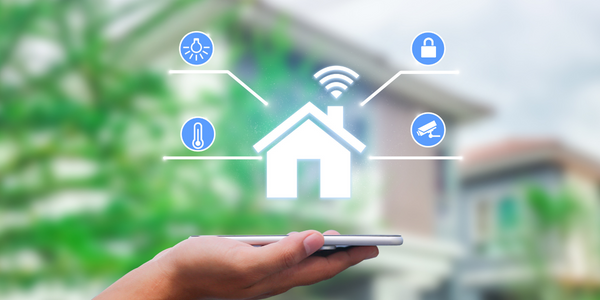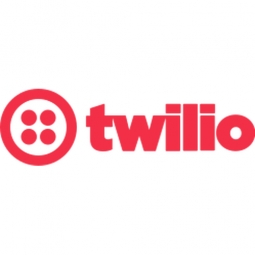Download PDF
Twilio's Cloud-Based Automated Call-Answering Services Revolutionize Business Operations
Technology Category
- Platform as a Service (PaaS) - Application Development Platforms
- Robots - Wheeled Robots
Applicable Industries
- Buildings
- Telecommunications
Applicable Functions
- Procurement
- Product Research & Development
Use Cases
- Speech Recognition
- Time Sensitive Networking
Services
- System Integration
The Challenge
Businesses of all sizes and types receive calls throughout the day, many of which involve answering the same types of questions repeatedly. This can be time-consuming and costly, diverting focus from day-to-day operations and customer service. The challenge was particularly pronounced for small and independently-run businesses like restaurants. The global pandemic exacerbated the situation as businesses had to shut down, necessitating an answering service that didn't require a human voice or employees to be present at the business location. Co-Graph, an IT venture company specializing in software development and data utilization services, sought to address this challenge with its Mayai automated call answering solution.
About The Customer
Co-Graph is an IT venture company that focuses on providing software development and data utilization services. The company specializes in building products and services that make full use of voice and AI. Co-Graph developed the Mayai automated call answering service to support businesses that had to shut down during the pandemic. The company caters to two distinct audiences - corporations and restaurants. Co-Graph has a large number of engineers from various parts of the world and chose Twilio technologies for their reliability, ease of integration, and English language support.
The Solution
Co-Graph, leveraging its expertise in voice and AI, accelerated the development of the Mayai automated call answering service to support businesses during the pandemic. The company utilized multiple Twilio solutions, including Twilio Programmable Voice, Programmable Messaging platforms, and Twilio Autopilot for Interactive Voice Response (IVR). The AI-based Mayai service analyzes conversations to provide a chat script and automated responses, enhancing productivity for sales and customer service. The service caters to two distinct audiences - corporations and restaurants. For restaurants, Twilio's solutions facilitated enhanced online ordering solutions to meet the increased demand during lockdowns. Unlike traditional call centers, Co-Graph's solution allows businesses to check their messages via mobile 24/7, providing a low-cost service that simplifies answering routine calls. The AI technology in Mayai responds to incoming calls using Twilio Autopilot IVR technology and records the messages. A URL link to the recorded data and the transcribed text of the recording is automatically sent to the mobile phone of the caller via SMS.
Operational Impact
Quantitative Benefit
Related Case Studies.

Case Study
Energy Saving & Power Monitoring System
Recently a university in Taiwan was experiencing dramatic power usage increases due to its growing number of campus buildings and students. Aiming to analyze their power consumption and increase their power efficiency across 52 buildings, the university wanted to build a power management system utilizing web-based hardware and software. With these goals in mind, they contacted Advantech to help them develop their system and provide them with the means to save energy in the years to come.

Case Study
Intelligent Building Automation System and Energy Saving Solution
One of the most difficult problems facing the world is conserving energy in buildings. However, it is not easy to have a cost-effective solution to reduce energy usage in a building. One solution for saving energy is to implement an intelligent building automation system (BAS) which can be controlled according to its schedule. In Indonesia a large university with a five floor building and 22 classrooms wanted to save the amount of energy being used.

Case Study
Powering Smart Home Automation solutions with IoT for Energy conservation
Many industry leaders that offer Smart Energy Management products & solutions face challenges including:How to build a scalable platform that can automatically scale-up to on-board ‘n’ number of Smart home devicesData security, solution availability, and reliability are the other critical factors to deal withHow to create a robust common IoT platform that handles any kind of smart devicesHow to enable data management capabilities that would help in intelligent decision-making

Case Study
Commercial Building Automation Boosts Energy Efficiency
One of the challenges to building automation is the multitude of non-interoperable communications protocols that have evolved over the years. Buildings have several islands of automation. Bridging the islands of different automation without losing the considerable investment in each specialized control network is the main focus in this solution.







